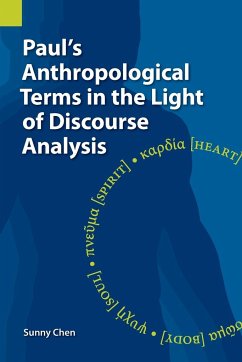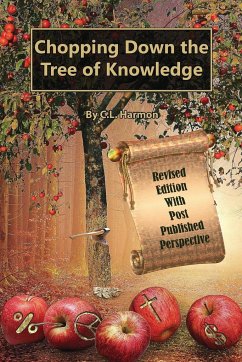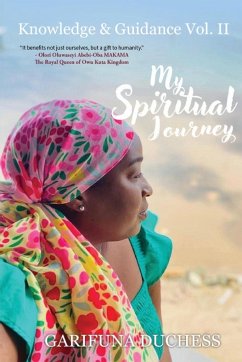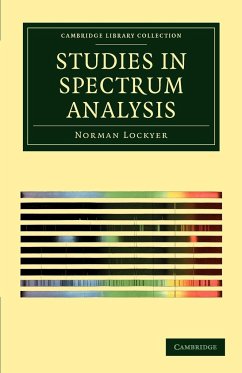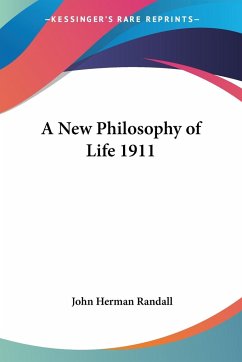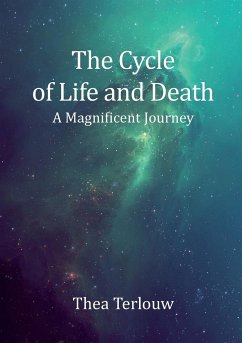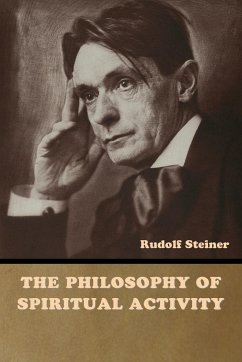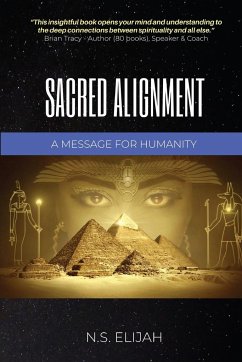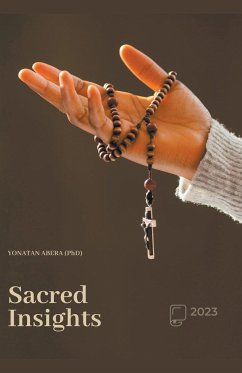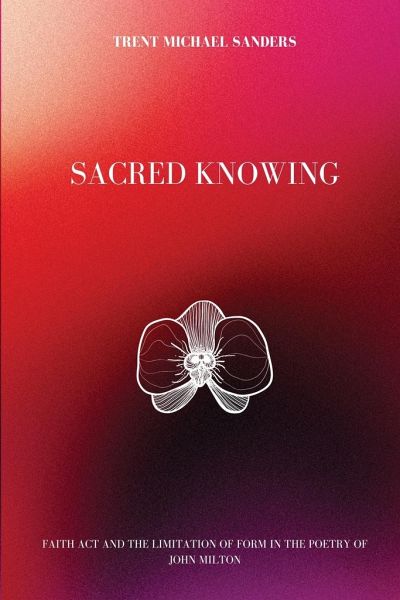
Sacred Knowledge
Versandkostenfrei!
Versandfertig in 1-2 Wochen
25,99 €
inkl. MwSt.

PAYBACK Punkte
13 °P sammeln!
The is interested in the relationship between Milton's Christian faith and the physical and spiritual modalities of his poetry, and how his faith-act corrupts and purifies these entanglements. In chapter 1, I define key concepts such as faith-act and poetics of knowing and designate their purchase in the arc of my thesis, and then I frame my reading of Milton's later poems. In chapter 2, I explore how the end of Milton's poetic career shows Milton's faith-act provocatively saying that poetry can get him neither his wants, nor his needs, but testifies that he wants and needs. In that vein, Para...
The is interested in the relationship between Milton's Christian faith and the physical and spiritual modalities of his poetry, and how his faith-act corrupts and purifies these entanglements. In chapter 1, I define key concepts such as faith-act and poetics of knowing and designate their purchase in the arc of my thesis, and then I frame my reading of Milton's later poems. In chapter 2, I explore how the end of Milton's poetic career shows Milton's faith-act provocatively saying that poetry can get him neither his wants, nor his needs, but testifies that he wants and needs. In that vein, Paradise Regained becomes a poem in doubt of Christian poetic idiom. Dismantling poetic form, Paradise Regained highlights Milton's turn away from the office of poet and towards the office of priest. In seeking a new poetics to express Christian liturgy and sacrament, Paradise Regained does not undermine the material sacraments, but underscores them. Praxis and poetics are not Milton's sacraments for God, but Milton's sacrifices to him. In chapter 3, I inquire into the consequences of Milton's faith-act. The conflict Milton faces at the outset of Paradise Lost is neither "man's first disobedience," nor his "justify[ing] the ways of God to men," but is the contradiction in terms, as he perceives it, of reconciliation and poetics. On the one hand, poetry, as Paradise Lost shows, might bear the paradox of the Fall's burden, and humanity's uninhibited joy. On the other hand, through its poetics, Paradise Lost exposes its limitations to render God's salvific presence in the world. Of his later poems, Paradise Lost is the first shadow of Milton's doubt to descend on the practice of reconciliatory poetics. In chapter 4, I demonstrate Milton's skepticism of systematic theology's ability to reveal the God-head, and suggest that Paradise Lost might be a more illuminating form to understanding God's nature. While a current in Paradise Lost focuses on Christian worship through Adam's and Eve's sacramental relationship with each other, heaven's creatures, and the earth, the current also has an undertow. Abdiel as the theologically gray angel is Milton's exegetical and eisegetical character employed inside of Paradise Lost so that Milton can perform his faith-act and discover the reconciliatory limitation of form. Milton senses that his poetry/poetics is not enough to save, and that his later poetry, in fact, transgresses God's will. However, he paradoxically knows that for him to write poetry is God's will. In the same way.



